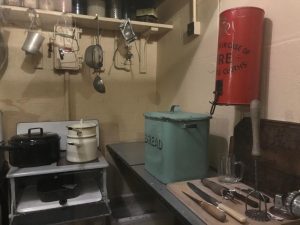Many people have heard the name but few today know anything about him. Ivor Novello became one of the most popular and successful entertainers of the first half of the 20th century.
Novello lived from 1913 until 1951 in a little flat accessed by a rickety lift atop 11 The Aldwych.
He lived here with his mother Madam Clara Novello Davies and later his partner, Bobbie Andrews too. Below was the Waldorf Theatre, formerly the Strand Theatre, which became after his death, the Novello Theatre in his honour. You can see it today, at the east end of the Strand, parading a big advert for the musical Mama Mia.
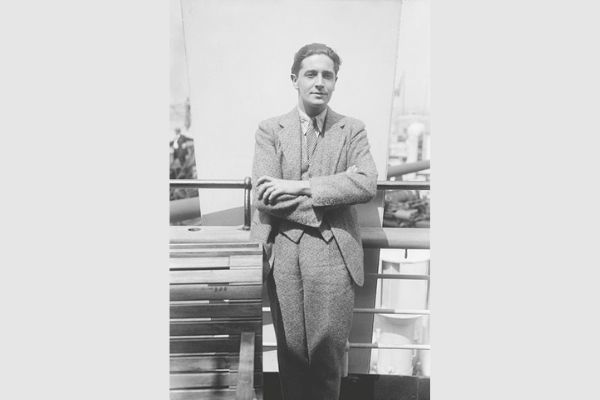
George Grantham Bain Collection, (Library of Congress)
Born in Cardiff, Novello was an actor, dramatist, singer and composer. His mother, Madam Clara Novello Davies came from humble beginnings, but became an internationally acclaimed classical singer and singing teacher. She said of her son ‘my greatest ambition for him was, and still is that he should be a composer of English or Welsh Opera’. (Quoted in James Harding ‘ Ivor Novello ‘ A Biography).
His great genius was his ability to create memorable songs and melodies, and in this he was prolific from an early age, writing some fifty drawing-room songs and two song cycles as well as all his many musicals. He famously composed the song ‘Keep the Home Fires Burning’ in 1915.’
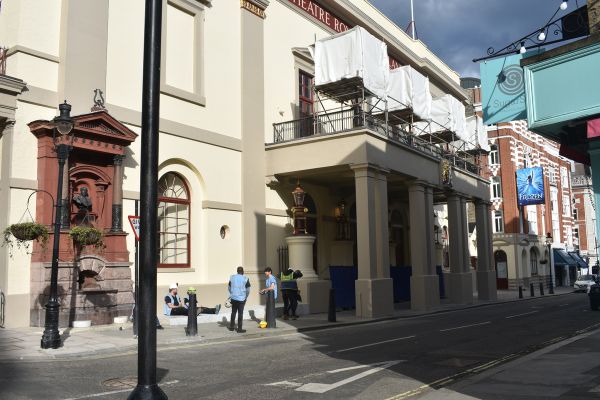
He had a successful run in the 1920’s in the films, for example, in the silent film ‘the Lodger directed by Alfred Hitchcock, whilst starting to make a name for himself song writing. He eventually became as big as Andrew Lloyd Webber is today in the West End, with shows such as Glamorous Nights (1935), Careless Rapture (1936) and Dancing Years (1939).
He never did go into ‘straight classical’ composing, as his mother wanted. He did say that he had reacted against sacred music which he had a lot of through his home environment and musical education, though he never forgot his musical roots. Once established in the West End with the musicals which made him so famous, he loved to slip away to Covent Garden to listen to the classical opera.
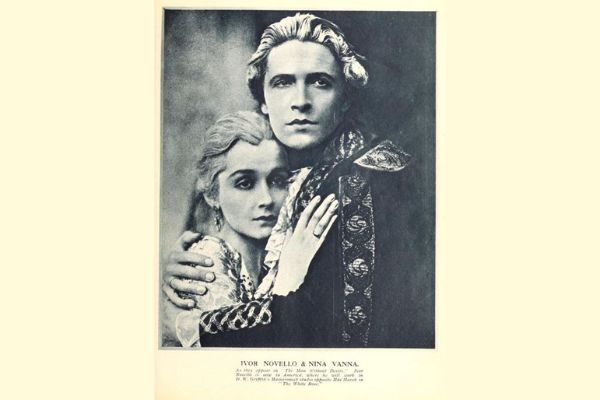
His favourite music to listen to was Wagner, Strauss, Ravel and Debussy. In his musicals, his biographer says that on occasion there is a trace of Stanford and other Victorians whose choral works he sang as a boy at Magdalen College, and Faure, Mendelssohn and Saint Saen. His own stage technique was heavily influenced by Puccini with its vivid sweep and unashamed outright appeal to emotion. He liked Elgar with its defiant pageantry, which influenced ‘Keep the Home Fires Burning’ and he grew up with Sullivan’s music which he venerated, and watching and listening to Edwardian musical comedies which he loved.
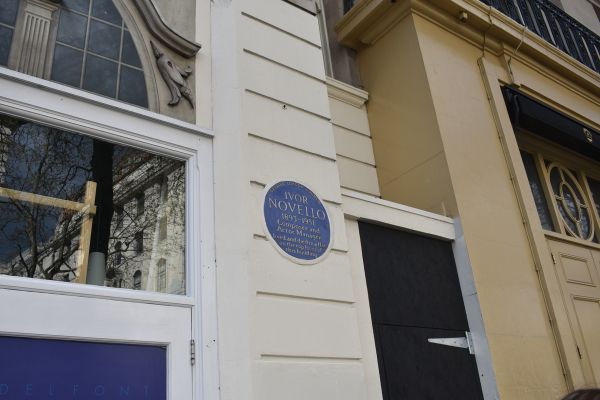
In the end though, he considered that his plays and musicals were written to give immediate pleasure to performers and audience alike, saying’ I am not highbrow. I am an entertainer. Empty seats and good opinions mean nothing to me’. He was a great success at what he did, as the audiences made clear, making a huge contribution to West End finances, particularly those of the Theatre Royal Drury Lane.
He eventually became as big as Andrew Lloyd Webber is today in the West End, with shows such as Glamorous Nights (1935), Careless Rapture (1936) and Dancing Years (1939).
Discover a truly versatile entertainer crossing many musical boundaries and come on my Classical Composers walk round the West End.

